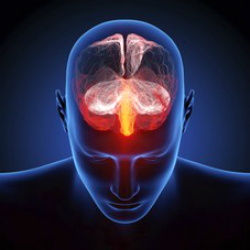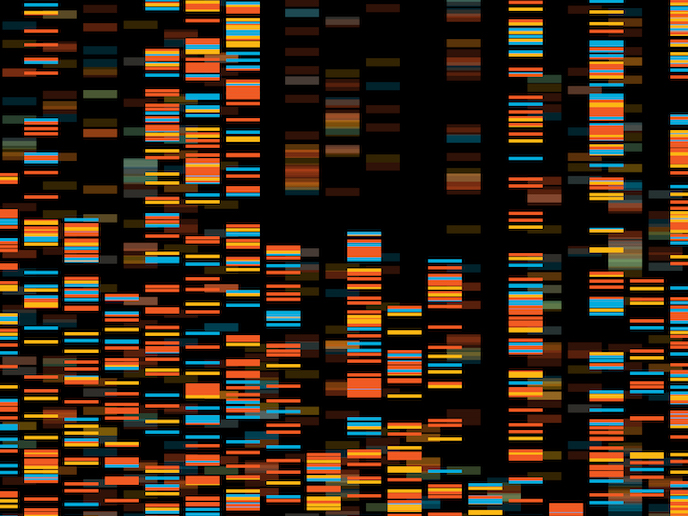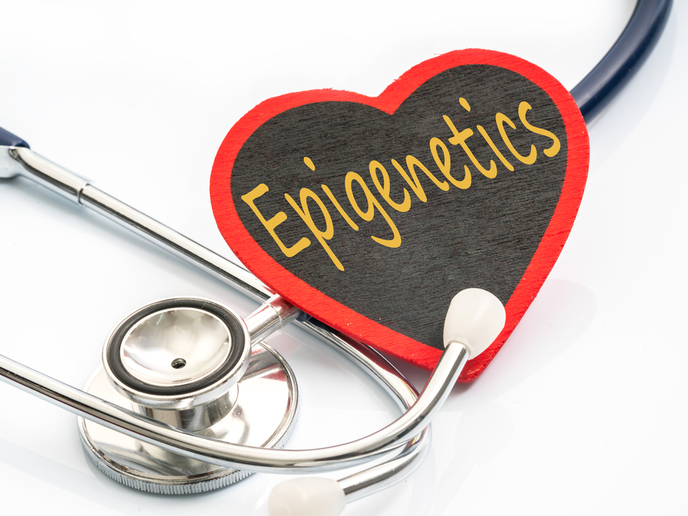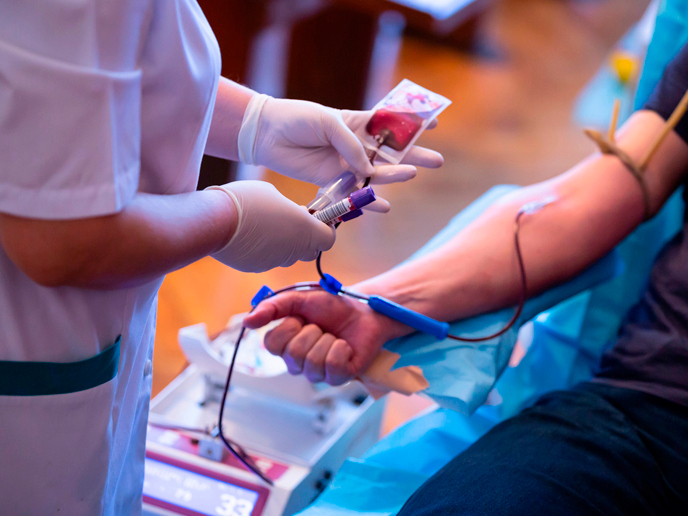Novel bio-analytical diagnostic methods
Nowadays, the understanding and treatment of diseases relies heavily on the identification of the underlying molecular and cellular mechanisms. These, however, require novel bio-analytical methods and tools for identifying cellular phenotypes and molecular changes that could be exploited towards the design of effective therapies. Researchers of the EU-funded ENGCABRA(opens in new window) (Biomedical engineering for cancer and brain disease diagnosis and therapy development) project aimed to develop innovative solutions for the analysis of cells in body tissue, blood, lymph fluid and brain tissue. The work focused in particular on melanoma, leukaemia, and disturbed brain cell communication. Project researchers were highly successful in their endeavours, leading to the development of four hardware demonstrators for cancer and brain disease detection by combining optics, electro-physiology, immuno-histochemistry and pharmacology. These include a biopsymeter, chips for performing fast differential scanning calorimetry of cells, high-density multiple electrode arrays and a silicon nanowire field effect transistor. For cancer analysis, devices were designed that detect cell-structure deviations indicative of single or small clusters of melanoma cells in biopsies and the lymphatic system. The biopsymeter is a promising tool to further decrease the percentage of mis-interpretations of melanoma-suspect biopsies. For the analysis of cell communication in brain slices, array devices were designed and tested. They enabled visualisation of real-time brain cell communication for the first time and the tracking of axonal potentials over larger distances and at multiple sites. These experiments are yielding new insights into the development of brain diseases and possible therapies. Overall, the generated tools should allow faster and more reliable diagnosis, but are also of great importance for facilitating research on novel treatment methods. The commercial development of the devices has been delegated to existing and start-up companies.







